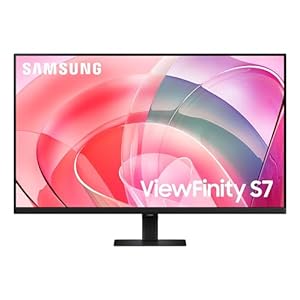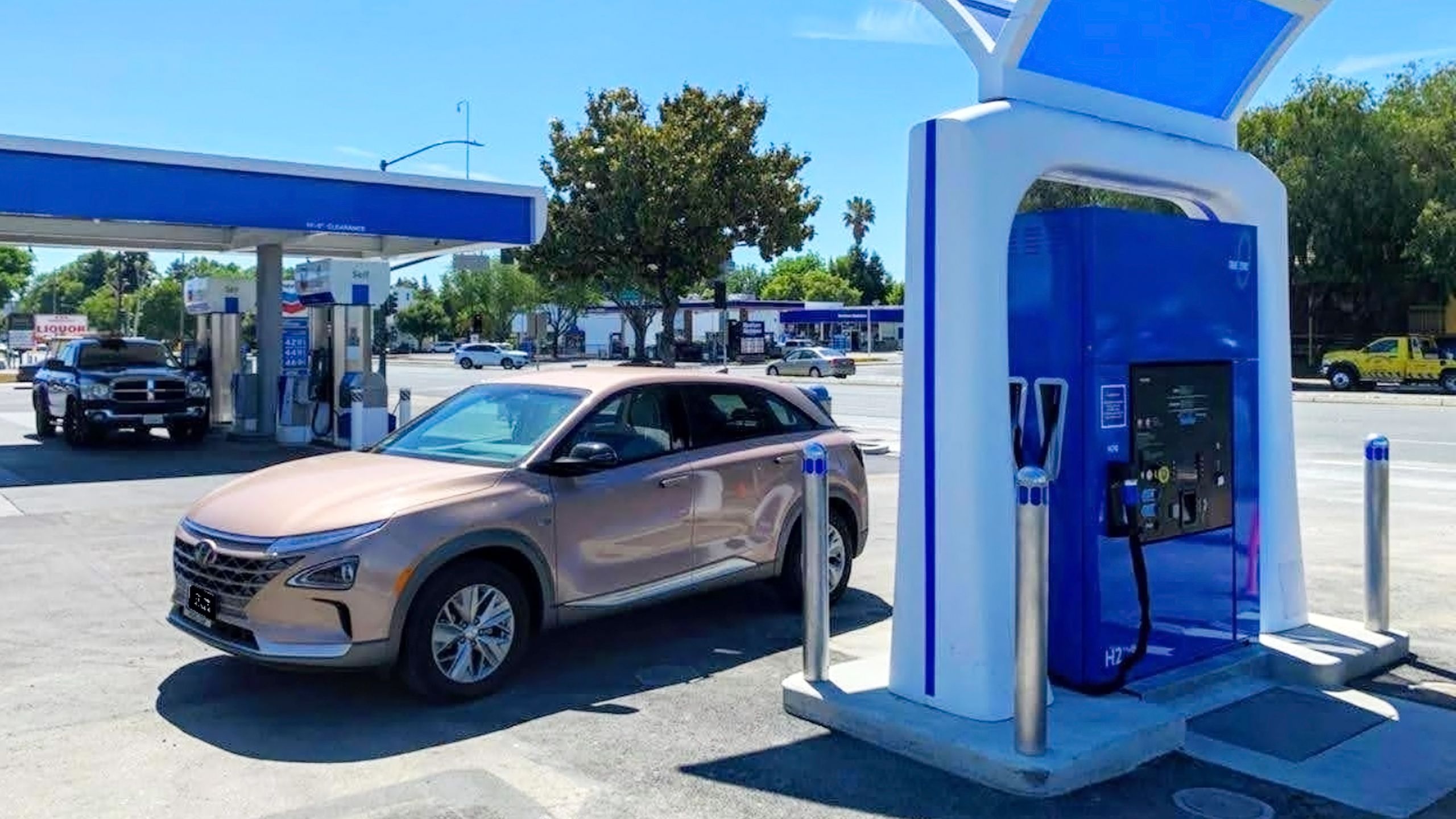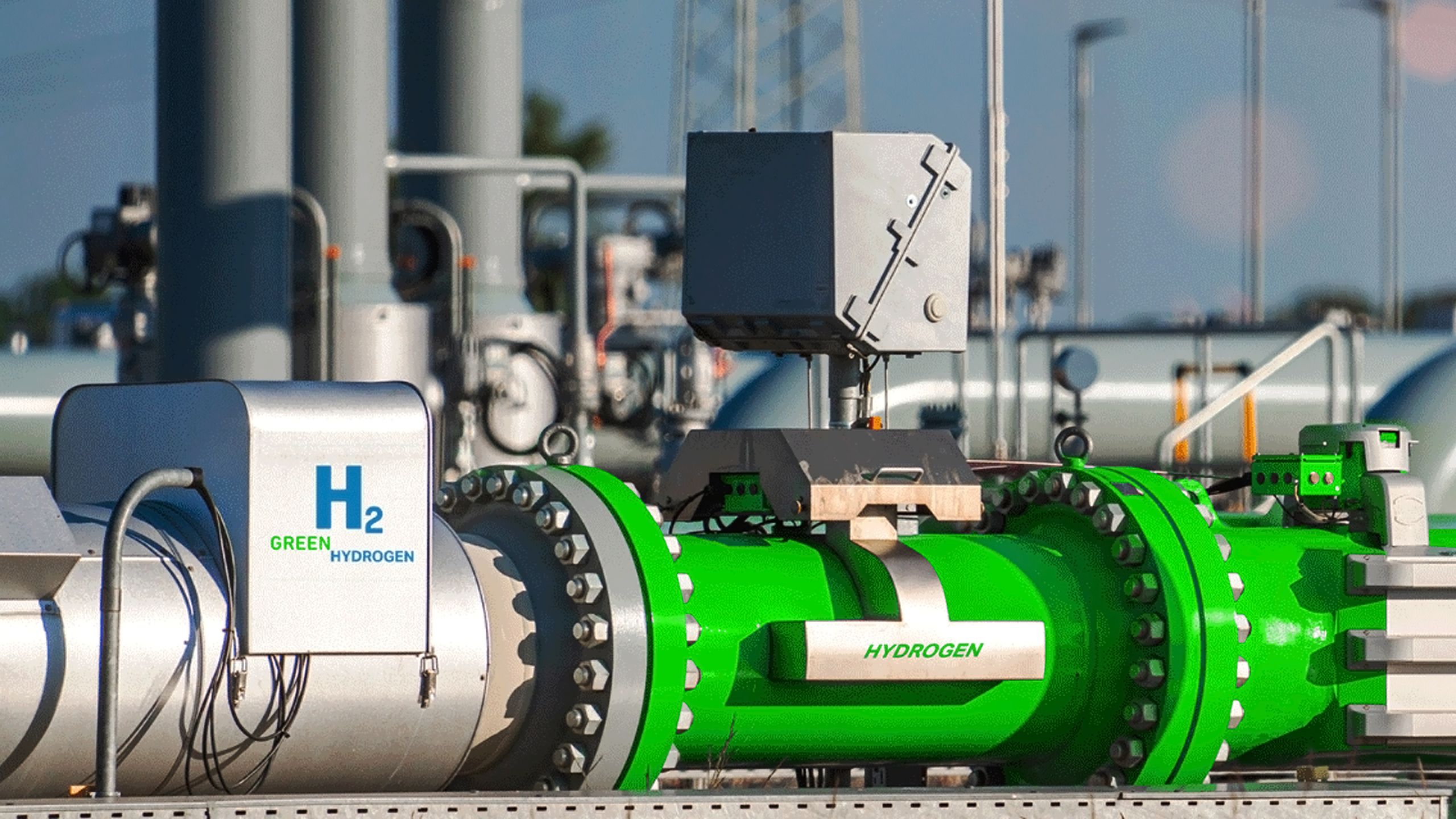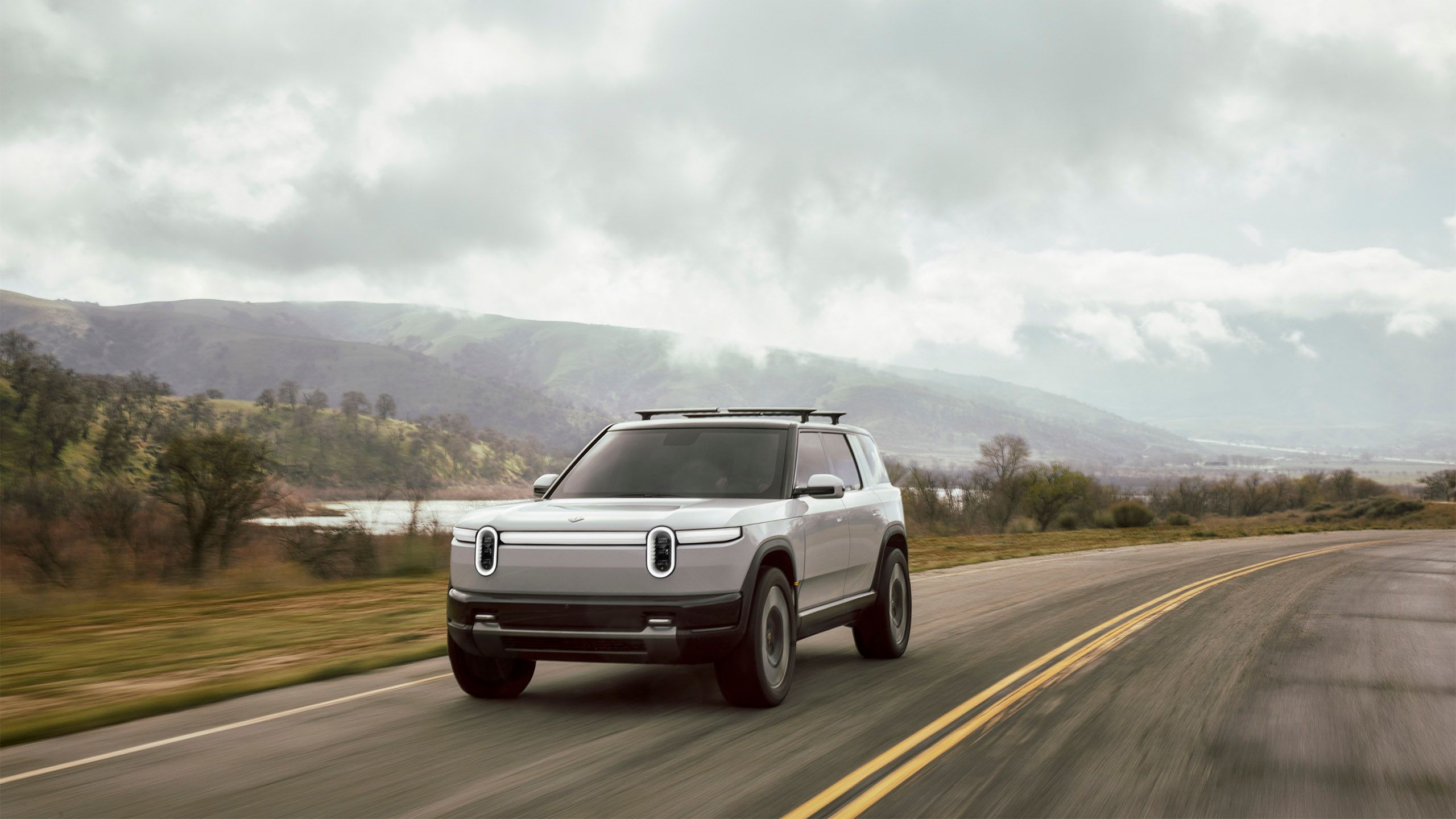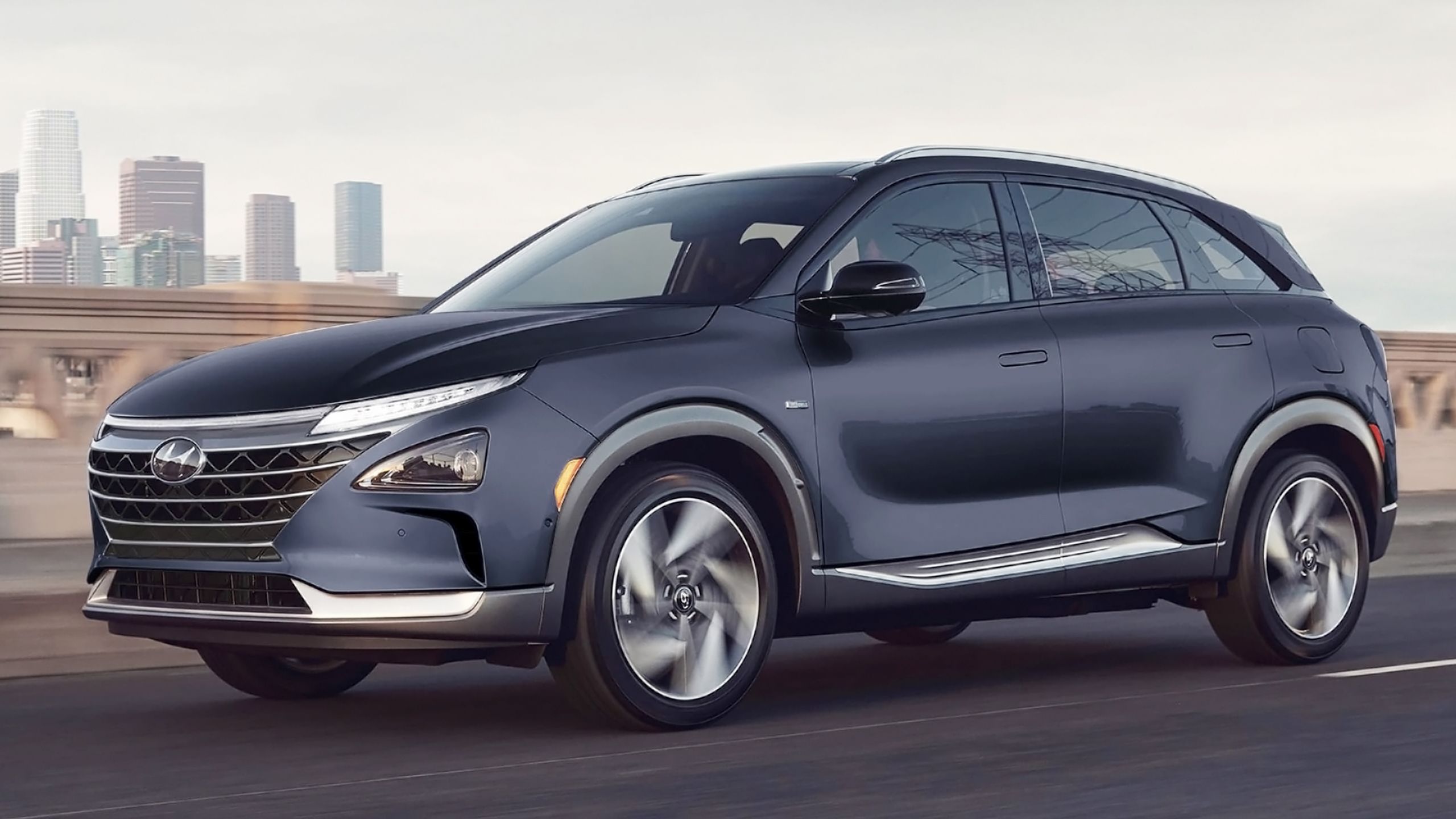Summary
- The main obstacle to hydrogen adoption is the absence of fueling stations needed to support commuting, much less long-distance travel.
- Green hydrogen is expensive to produce, meanwhile, and increasingly irrelevant given improvements in EV battery efficiency. Solid-state batteries could seal its fate.
- Automakers are unwilling to promote hydrogen properly, and often refuse to carry the few models they have at their dealerships, even in major markets like Los Angeles.
Hydrogen was at one point tapped as the best candidate for replacing internal combustion engines. Indeed, there are still a number of hydrogen-powered cars on the market, like the BMW iX5 Hydrogen, the Toyota Mirai, and the Hyundai Nexo. There are some advantages to them over purely battery-operated electric vehicles — they don’t lose range in freezing temperatures, and you can refuel in five minutes or less instead of waiting upwards of 30 minutes at a charging station. And while they do produce emissions, those include few if any greenhouse gases. They’re even touted as cleaning the air sometimes.
Why, then, is it unlikely that you’ve actually seen a hydrogen car in person? Why can’t you wander into a local dealership and drive a model home the same day? As it turns out, several factors are at play, and there’s a real chance hydrogen will vanish as far as the average consumer is concerned.
Related
Everything you need to know about PEVs, or personal electric vehicles
You can use PEVs to explore, run errands, or speed up your commute.
1 No one’s investing in enough refueling infrastructure
The Catch-22 of the auto industry
True Zero
Above all, companies like Shell, Iwatani, and True Zero have failed to build enough fueling stations. You can find them in places like Vancouver, Los Angeles, and San Francisco — but they’re virtually non-existent outside major cities. Even many locations you’d assume would have one just don’t. In the United States, you can get around much of California with a hydrogen car, but good luck leaving the state. You could find yourself stranded before you reach Phoenix or Las Vegas.
Companies are unwilling to invest in hydrogen stations because there aren’t enough drivers, yet drivers aren’t buying hydrogen cars because there aren’t enough stations.
It’s a Catch-22. Companies are unwilling to invest in hydrogen stations because there aren’t enough drivers topping up at them, yet part of the reason drivers aren’t buying hydrogen cars is that there aren’t enough stations. In contrast, there are EV stations everywhere, thanks to strategic investments by the likes of Tesla, Rivian, ChargePoint, EVgo, and Volkswagen (which owns Electrify America). It’s fully feasible to drive an EV from one coast of the US to the other, even if you might have to plot your route carefully and go at a slower pace than gas drivers.
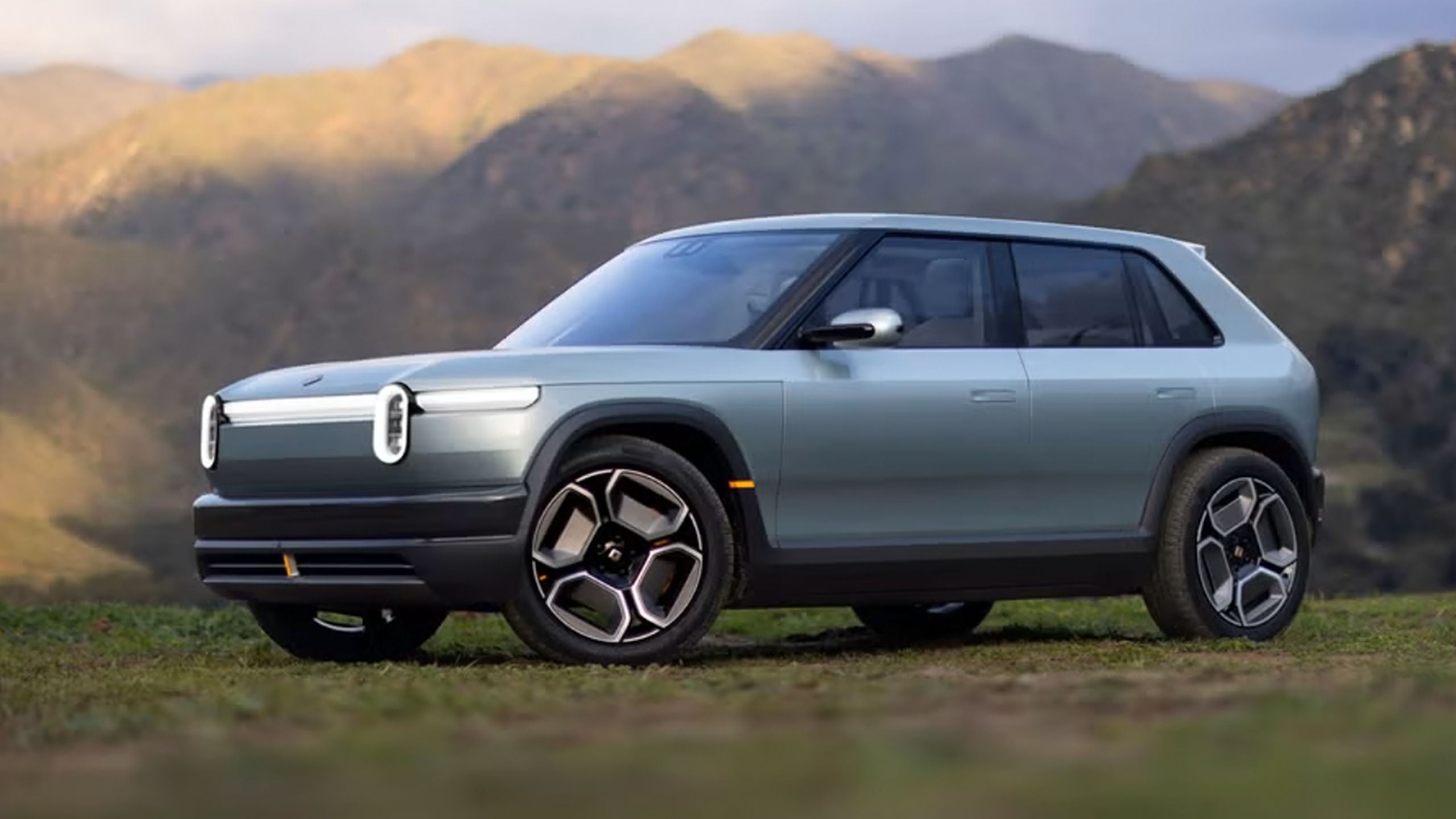
Related
I hope the Rivian R3 will be the vehicle to topple Tesla
Tesla won’t shrink and vanish in a day, naturally.
2 Green hydrogen is still a distant dream
No point until it’s green all the way
Prysmian
It’s already possible to produce hydrogen fuel using renewable energy sources, such as wind and solar. At the moment, though, that option is far less economical than using fossil fuel methods, namely coal gasification or the steam reformation of methane. Since those choices emit more carbon dioxide than driving conventional gas vehicles, there’s often no point in producing hydrogen, at least not for the typical consumer’s needs. It’s a choice between high fuel prices or doing even more damage to the environment.
One solution may be “blue” hydrogen, which combines fossil fuel generation methods with carbon capture and storage. That negates the pollution downsides, albeit with equipment expenses that offset its value versus going all-green. Ultimately, it’s hard to justify any hydrogen when EV technology is already very far along.
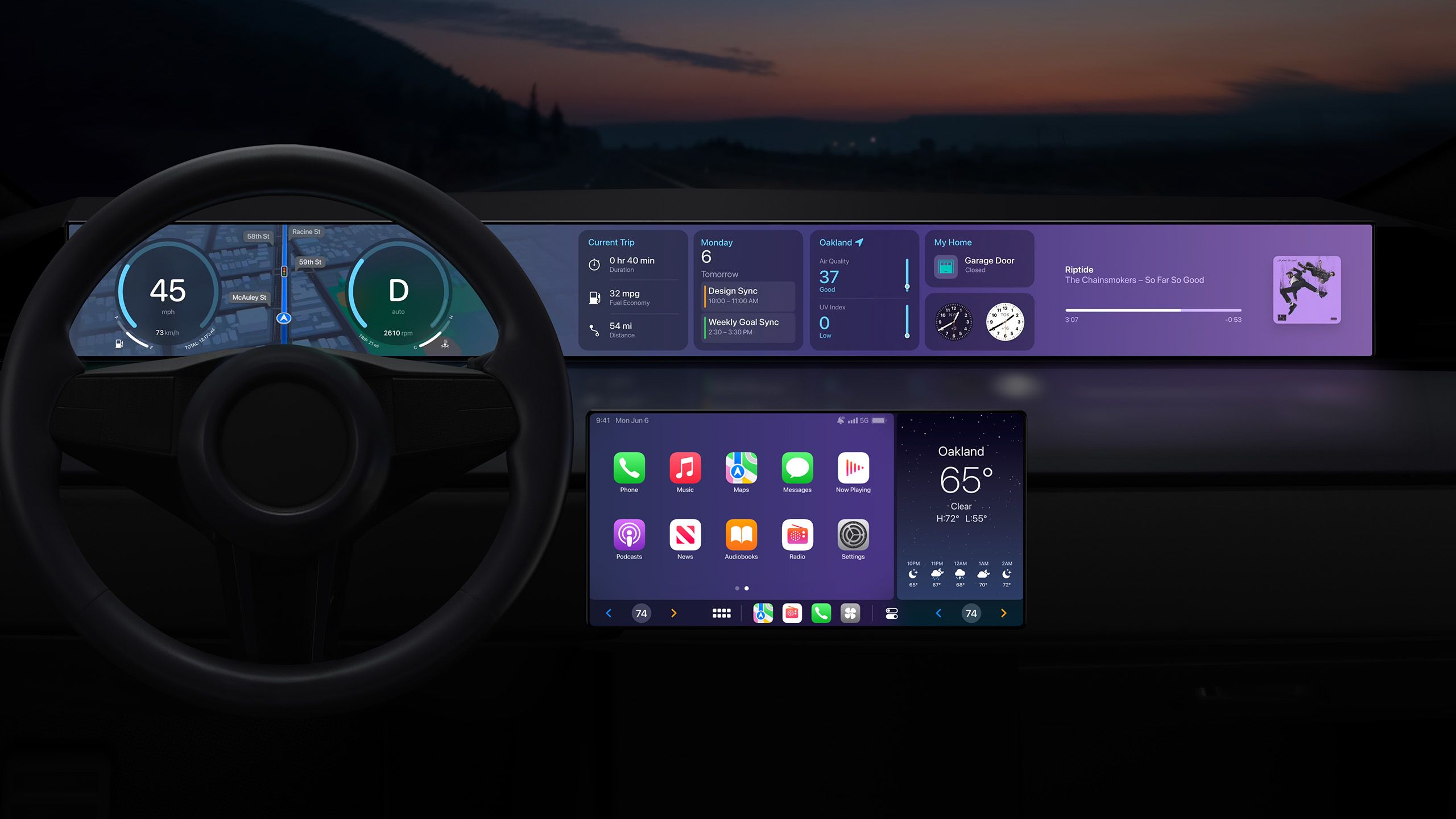
Related
Has Apple’s next-gen CarPlay already lost the battle for next-gen cars?
Even if it hasn’t, time is running out to be the leading player.
3 EV technology is evolving rapidly
Will solid-state batteries be hydrogen’s death knell?
Rivian
EV ranges used to be incredibly weak, sometimes less than 100 miles (161 kilometers) on a charge. For many people, buying an EV was impractical, even if they never left city limits. That gave hydrogen an automatic appeal — it’s possible to get upwards of 300 miles (483 kilometers) on a single tank, often around 400 miles (644 kilometers). Those figures are comparable to many gas-powered cars, like my Hyundai Venue.
It’s now difficult to find an EV with less than 200 miles of range, and better models cross the 300-mile threshold.
The efficiency of EVs has improved dramatically in recent years, however. It’s now difficult to find one with less than 200 miles (322 kilometers) of range, and better models like the Chevy Equinox EV cross the 300-mile threshold. Yes, factors like cold weather will eat into those distances, but it’s often a moot point with the prevalence of both home chargers and charging stations. Work is also progressing on solid-state batteries poised to deliver more than 600 miles per charge — nearly 1,000 kilometers. If there aren’t substantial upgrades to hydrogen vehicles soon, the race could be over by 2030, by which point the first solid-state EVs will be going on sale. Arguably, hydrogen is already entering a death spiral, something supported by the next point.
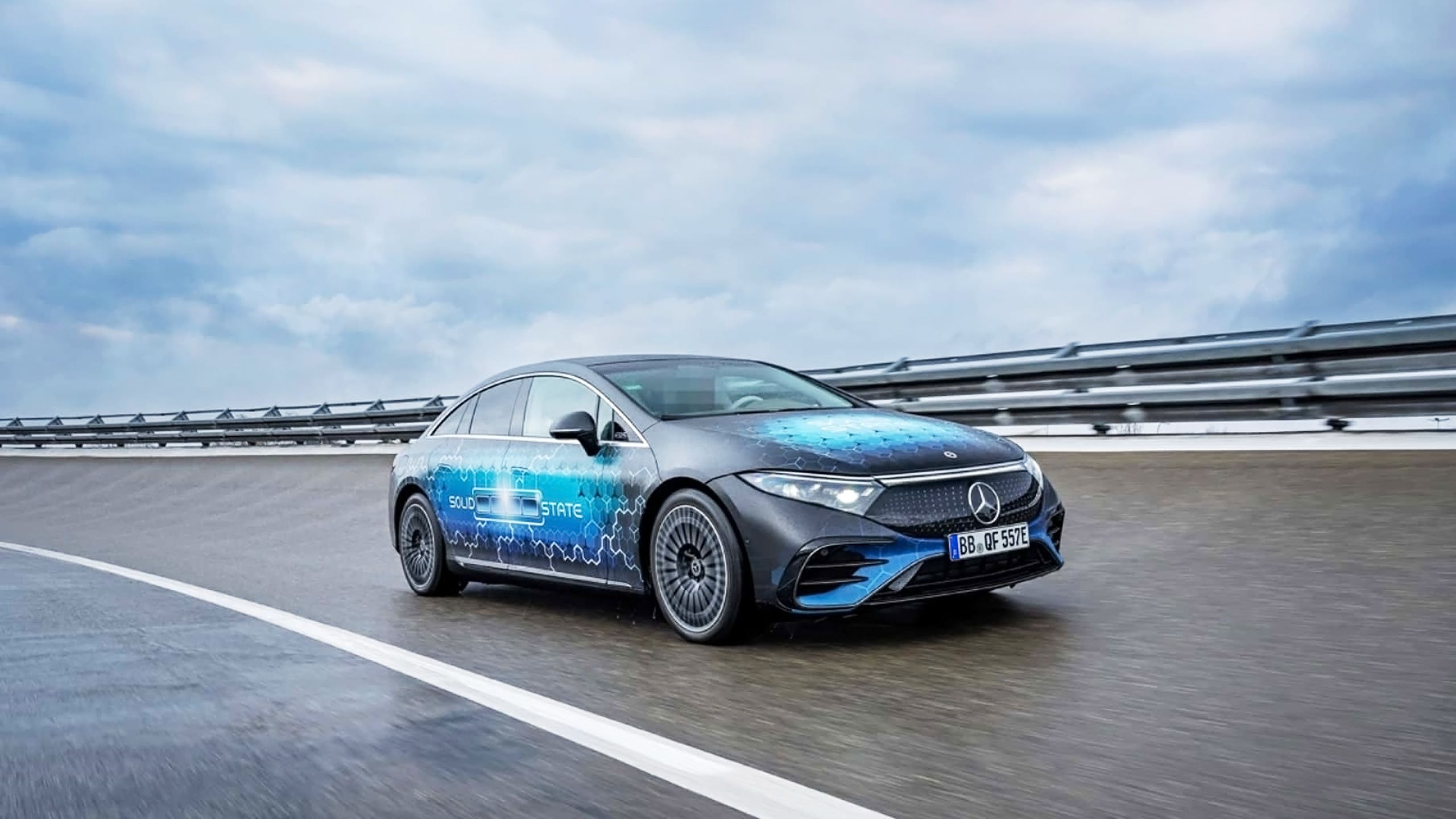
Related
Why solid-state batteries will revolutionize EVs – and why we’re still waiting
They’re on the horizon, but there’s still some distance to go.
4 Hydrogen doesn’t get any publicity or dealer support
You have to manufacture demand, too
Hyundai
In over four decades on this planet, I’ve lived in four cities — Ottawa, Austin, Calgary, and Edmonton — and traveled all over North America. Not once have I seen a TV ad for a hydrogen car. The simple fact is automakers don’t promote the technology very well, even in markets where it’s available. I’ll bet that many people probably don’t even know that hydrogen cars exist, whereas everyone has heard of EVs, regardless of whether they can afford one. In recent months, EVs have actually become a major political issue given protests and vandalism in reaction to Elon Musk’s collaboration with the Trump regime.
Not once have I seen a TV ad for a hydrogen car.
If you do decide to support hydrogen, your local dealership will probably have to place a special order. Consider the Toyota Mirai — even outlets like Toyota Santa Monica and Toyota of Hollywood don’t have any in stock. In Canada, it’s only carried by “select” dealers in Quebec and British Columbia. The Hyundai Nexo might as well not exist in North America, never mind that Hyundai’s American and Canadian websites proudly display a product page for it.
Say what you will about the difficulties of ordering an EV in the trim you like — at least it’s often available a city or two away. Hydrogen cars might as well be custom-built a Rolls Royce for how readily they’re accessible, which isn’t promising for something that’s supposed to be the future of transportation for everyone.
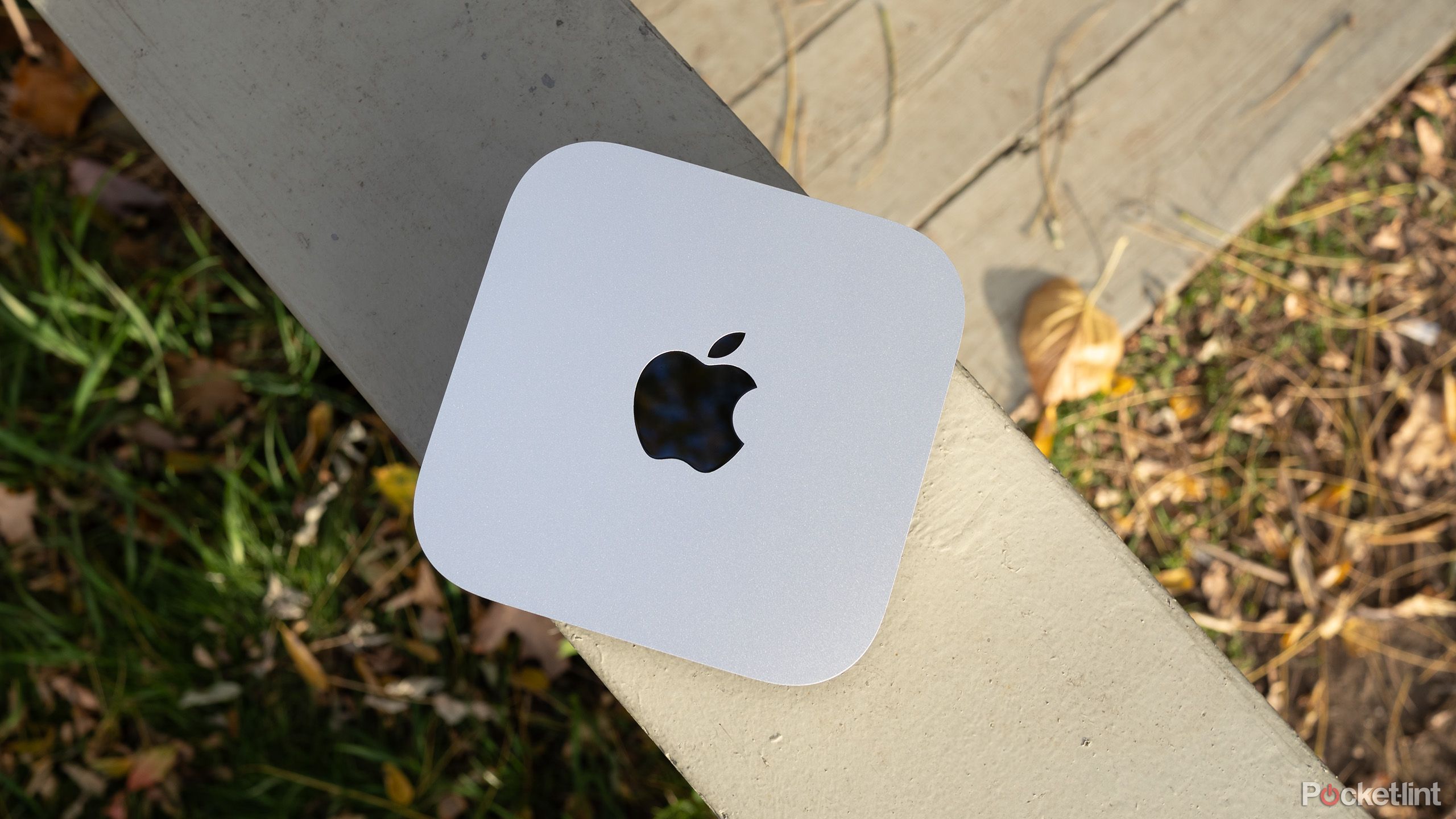
You might also like
4 reasons to get a desktop Mac over a MacBook
Portability doesn’t always beat the power of a desktop.
Trending Products

SAMSUNG FT45 Sequence 24-Inch FHD 1080p Laptop Monitor, 75Hz, IPS Panel, HDMI, DisplayPort, USB Hub, Peak Adjustable Stand, 3 Yr WRNTY (LF24T454FQNXGO),Black

KEDIERS ATX PC Case,6 PWM ARGB Fans Pre-Installed,360MM RAD Support,Gaming 270° Full View Tempered Glass Mid Tower Pure White ATX Computer Case,C690

ASUS RT-AX88U PRO AX6000 Twin Band WiFi 6 Router, WPA3, Parental Management, Adaptive QoS, Port Forwarding, WAN aggregation, lifetime web safety and AiMesh assist, Twin 2.5G Port

Wi-fi Keyboard and Mouse Combo, MARVO 2.4G Ergonomic Wi-fi Pc Keyboard with Telephone Pill Holder, Silent Mouse with 6 Button, Appropriate with MacBook, Home windows (Black)

Acer KB272 EBI 27″ IPS Full HD (1920 x 1080) Zero-Body Gaming Workplace Monitor | AMD FreeSync Know-how | As much as 100Hz Refresh | 1ms (VRB) | Low Blue Mild | Tilt | HDMI & VGA Ports,Black

Lenovo Ideapad Laptop computer Touchscreen 15.6″ FHD, Intel Core i3-1215U 6-Core, 24GB RAM, 1TB SSD, Webcam, Bluetooth, Wi-Fi6, SD Card Reader, Home windows 11, Gray, GM Equipment

Acer SH242Y Ebmihx 23.8″ FHD 1920×1080 Home Office Ultra-Thin IPS Computer Monitor AMD FreeSync 100Hz Zero Frame Height/Swivel/Tilt Adjustable Stand Built-in Speakers HDMI 1.4 & VGA Port

Acer SB242Y EBI 23.8″ Full HD (1920 x 1080) IPS Zero-Body Gaming Workplace Monitor | AMD FreeSync Expertise Extremely-Skinny Trendy Design 100Hz 1ms (VRB) Low Blue Gentle Tilt HDMI & VGA Ports
